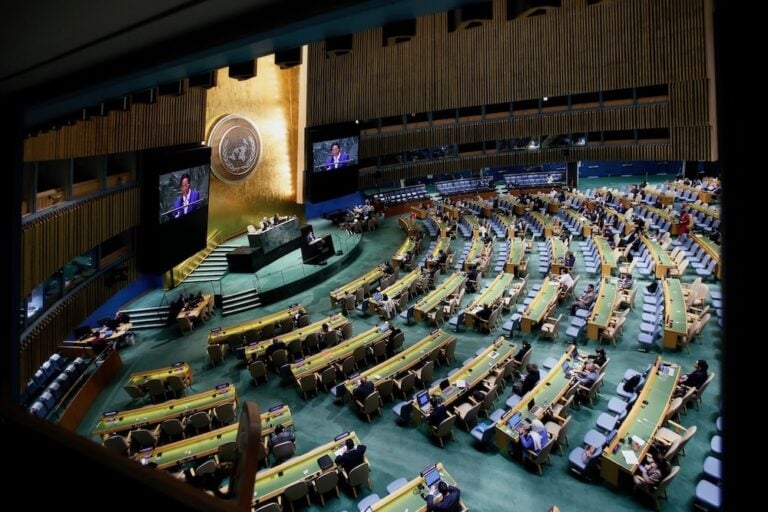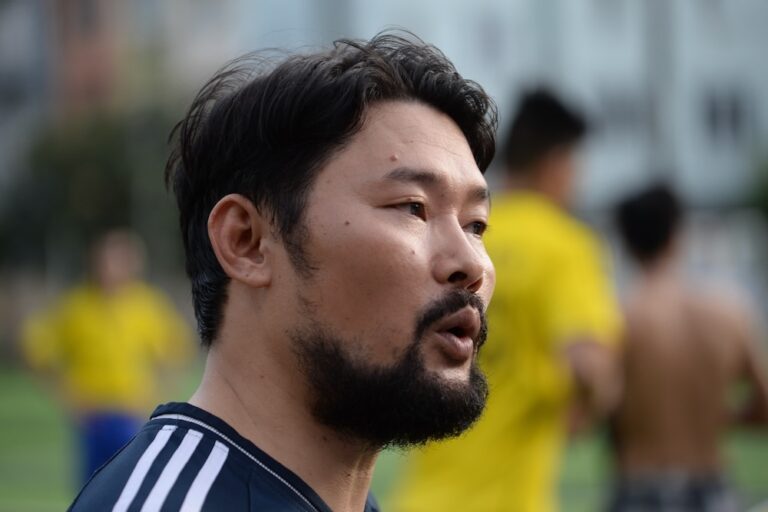(RSF/IFEX) – On 20 March 2003, RSF protested strongly against the arrest of Vietnamese dissident editor Nguyen Dan Que, aged 61, and called for his immediate and unconditional release. “He has already spent nearly 20 years in prison,” RSF Secretary-General Robert Ménard said in a letter to Vietnamese Prime Minister Phan Van Khai. “If he […]
(RSF/IFEX) – On 20 March 2003, RSF protested strongly against the arrest of Vietnamese dissident editor Nguyen Dan Que, aged 61, and called for his immediate and unconditional release.
“He has already spent nearly 20 years in prison,” RSF Secretary-General Robert Ménard said in a letter to Vietnamese Prime Minister Phan Van Khai. “If he is not released, it will be a very serious blow to freedom of expression in Vietnam. This courageous man has done nothing more than peacefully voice his opinions.”
Que, editor of the underground magazine “Tuong Lai” (“The Future”) and author of many articles on press freedom, was arrested at his home in Ho Chi Minh City on 17 March and taken to the city’s prison. A few hours later, police returned to his home and seized his computer, mobile phone and many personal papers. RSF demanded that they be returned to him.
His arrest is thought to be linked to a statement he issued criticising the lack of press freedom in the country. He was responding to remarks made by a Foreign Ministry spokesperson on 12 March, to the effect that freedom of information is guaranteed in Vietnam.
Since he was last released from prison in 1998, Que has been under close surveillance, but he still managed to launch “Tuong Lai” in 2000 and distribute it in Vietnam and abroad. The magazine campaigns for freedom of expression and has criticised the imprisonment of those who defend political and religious freedoms. Most of the magazine’s articles are also posted on the Internet.
Que, who studied medicine at Saigon University, was arrested in 1978 and held without trial for 10 years. He was arrested again in 1990 after campaigning for democracy and sentenced to 25 years imprisonment, including 20 years of hard labour.
The editor was freed in an amnesty in 1998, but was still frequently interrogated, and his home was repeatedly searched. He has also been publicly and regularly vilified by the Ho Chi Minh City State Security Department.


